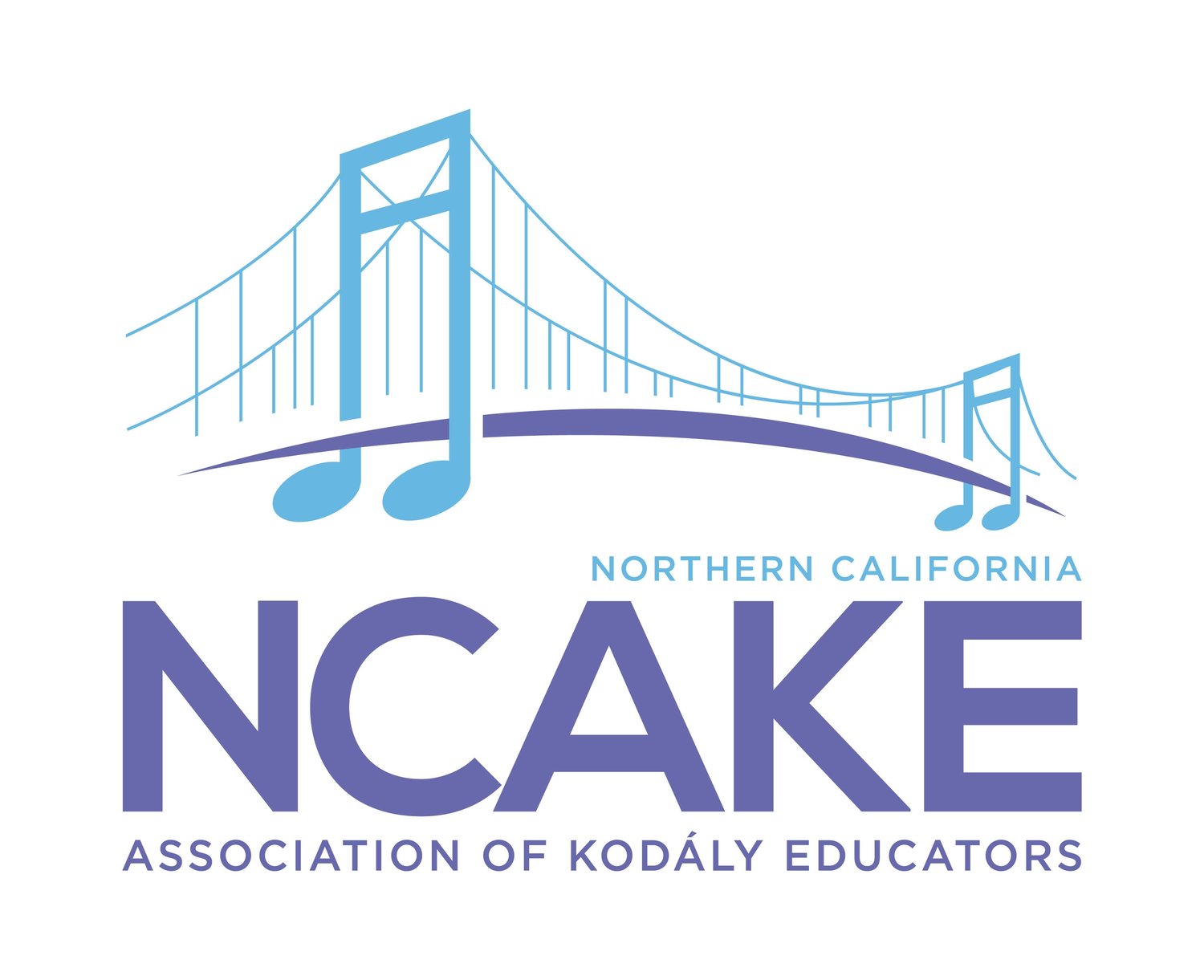Zoltan Kodály and Music Education
Zoltán Kodály (1882-1967) was a visionary teacher, composer and philosopher whose work has influenced musicians and music educators around the world. Following his folk song collecting trips with Béla Bartók in Hungary in the early 1900s, Kodály conceived of a monumental idea: that music could be taught artistically using the traditional folk songs of a culture. Gathering talented, creative teachers around him, Kodály developed a philosophy of music education based on the radical idea of universal music literacy.
Music is the core of the curriculum. The ancient Greeks believed that music was the center of all learning, because music involved a natural synthesis of thinking, feeling and moving. Music is essential to human development—intellectual, emotional, physical, social and spiritual.
The body—the singing voice and movement—is the best medium for making music.The voice is the universal instrument, free and accessible to all. Body and voice are the natural expressive means for every individual. Voice and movement are united in the traditional folk games and dances of all cultures.
Experiencing music cannot begin too early. Music is the birthright of every child. The child’s first connection to music comes through the voices of the parents. It is the responsibility of the school to develop this connection beginning at the earliest levels.
Traditional folk music provides the best and most natural material for becoming a literate musician. Everyone has a mother tongue—the language spoken at home. The traditional folk music of that language provides the source from which the basic elements of music literacy can be drawn. Following the study of authentic folk songs of the native culture(s), we can then explore of the music of other cultures and connect traditional music with all styles of composed music.
Music literacy is like language literacy. Everyone has the ability to hear, speak, read and write a language. In the same way, everyone has the ability to hear, sing, read and write music. Music literacy is something that everyone can and should enjoy.
Quality music is the best material for teaching. Kodály believed that only the best music by the greatest composers and the most beautiful and representative folk music of the culture are good enough for children. “Let Bach and Mozart be the teachers.”
Kodály’s approach has been adapted worldwide. A strong emphasis on the development of the teacher’s own musicianship is a hallmark of the movement. It is a living philosophy constantly being shaped by research on how children learn music in cultural settings and complements the emerging focus on world music by today’s music educators.
To learn more about Kodály’s vision for music education, visit the Kodály Center American Folk Song Collection.



